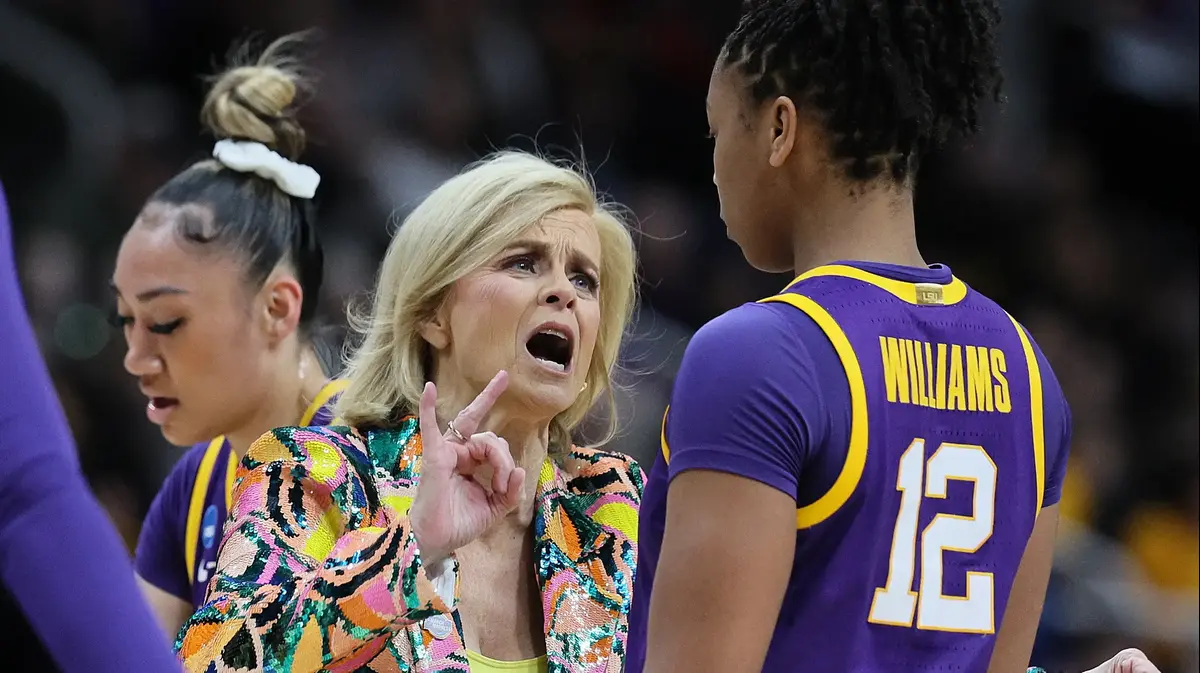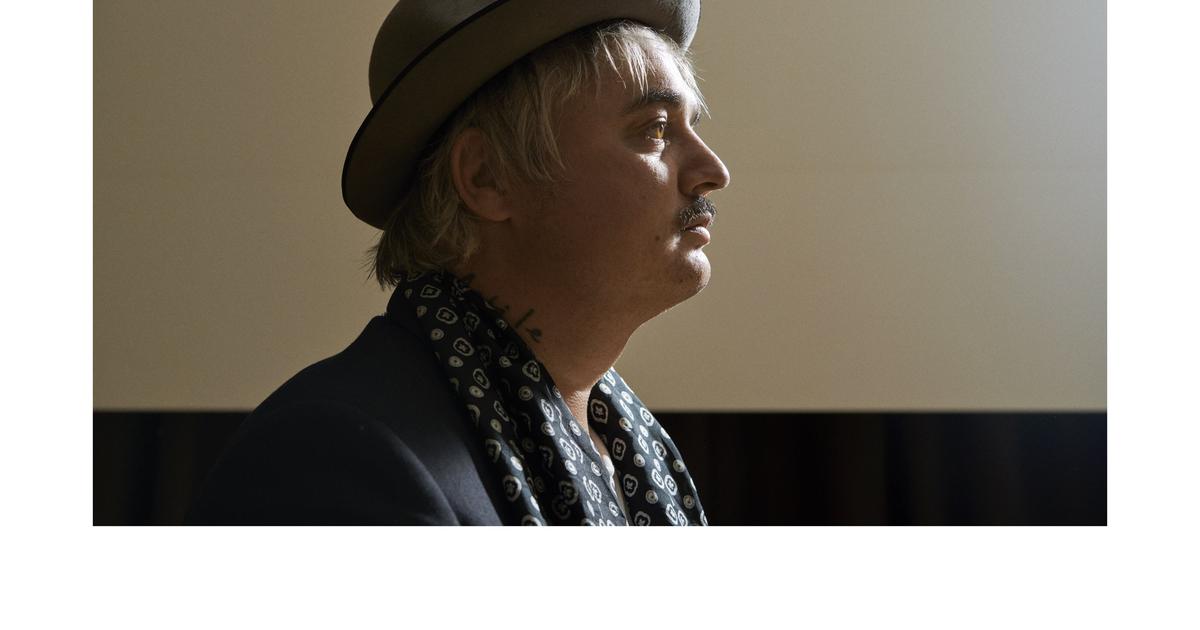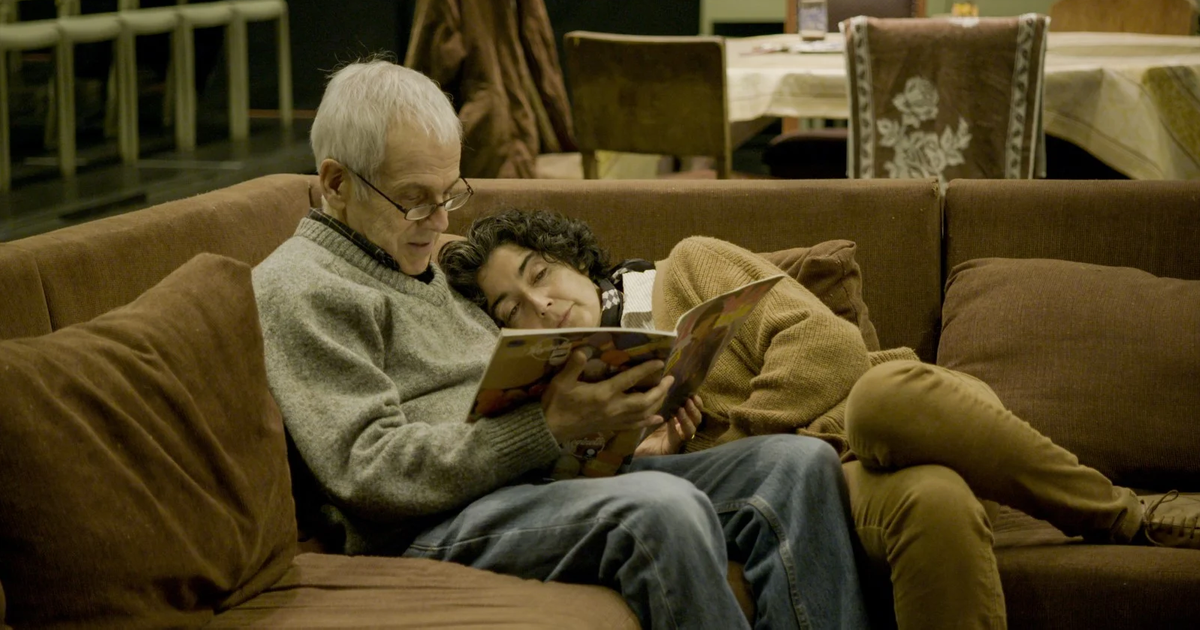Icon: enlarge
Scene from "Uferfrauen": no claim to completeness
Photo: Anne Misselwitz / dejavu film
A woman stands on Rostocker Wall and describes that there, in the park at Kröpeliner Tor, was a well-known gay meeting place in GDR times, a flap.
"Where did the lesbians meet in Rostock?" The director wants to know from the off.
The woman has to laugh: "Yes, I would have liked to have known that too, then I would have finished my coming out sooner."
The scene is the prelude to "Uferfrauen", a documentary by Barbara Wallbraun about lesbian life in the GDR.
He wants to fill the nowhere from the first scene with stories, with descriptions of the lives of six protagonists, one of whom Pat is from Rostock - the story is about an overall view, a kind of collective biography.
The cut (Jana Teuchert) connects the individual interviews along the chronology of growing up.
Christiane from Berlin tells how, as the smallest sister of eight brothers, she had her hair cut short as a child, so that she could pass boxing as a boy - and a little later when kissing a girl.
Then Pat remembers that she recognizes a lesbian German teacher at school without knowing anything about homosexuality.
She seeks conversation with her in order to feel that she is in good hands and understood.
Carola from Rügen, on the other hand, escapes the severity and violence of her parents' home as early as possible to train as a cattle breeder.
She lives in a boarding school in rural isolation, does not smoke or drink like everyone around her, reads books, which nobody does.
And hears from the "lesbian from the neighboring village", who is a few years older and her interest, or better: arouses desire.
Consciously subjective
The way in which these stories intertwine, differentiate and complement each other, while writing the chronicle of a life that is greater than a person's biography, is trained in the idea of an
oral history
: Director Wallbraun is not interested in statistics, not about media images and traces of how homosexuality could be socially told in the GDR.
Your film writes history from below, consciously subjective and without claim to completeness.
That is the clear and comprehensible perspective of "Uferfrauen", who over long stretches so successfully produces density that one could imagine Rimini Protocol evenings derived from them - for example under the title "The First Kiss".
What narrows the collective arrangement, however, is logically the smaller space that individual experiences get.
In the case of Carola and Elke from Halle, however, these develop an unbelievable force, a dramatic force that drives you out of the tangle of the collective to the ends of very individual and thin threads on which hang what we call life: like Carola later told about the party at which she absolutely wants to seduce the "lesbian from the neighboring village" and she finally succeeds.
And how she wakes up after the moment of happiness in the horror of her parents' house, which cannot handle it and wants to deport her to psychiatry.
Icon: enlarge
Scene from "Uferfrauen": Life in all its fullness
Photo: Julia Hönemann / dejavu film
Or how Elke talks about the close dying of the great, sick love Nanni, of whom something should remain.
A child that the sick person cannot have herself, which is why Elke then becomes pregnant as if by coincidence - and the boy who is born after Nanni's death ensures her survival because he demands something else from the young woman Grief, pain and despair.
In the story of Elke am Saale-Ufer, pictures of the forest and water can be seen in order
to illustrate
the touching speech not only via
talking heads
.
In such places you can feel what the film could have been if it had not focused on the collective but on the individual.
Nevertheless, one has to appreciate what Barbara Wallbraun gets out of her interlocutors.
The supposedly precarious can be seen in the brackets in the subtitle of the film: "Lesbian L (i) in the GDR".
The fact that one cannot make a right decision between "living" and "loving" may also have something to do with the fact that lesbian biographies are presumed to be more connectable for a heterosexual audience through love as a more general state of feeling.
However, one would have to be struck with enormous ignorance and fear to see something other than life in all its moving abundance in "Uferfrauen".
Icon: The mirror


/cloudfront-eu-central-1.images.arcpublishing.com/prisa/KER6R6O4UNBUDBS4VUQUJKL3LQ.jpg)






/cloudfront-eu-central-1.images.arcpublishing.com/prisa/ROR2TNL7YRB7ZMJIZMV5TG6FCY.jpg)